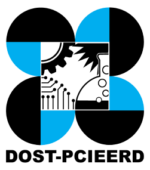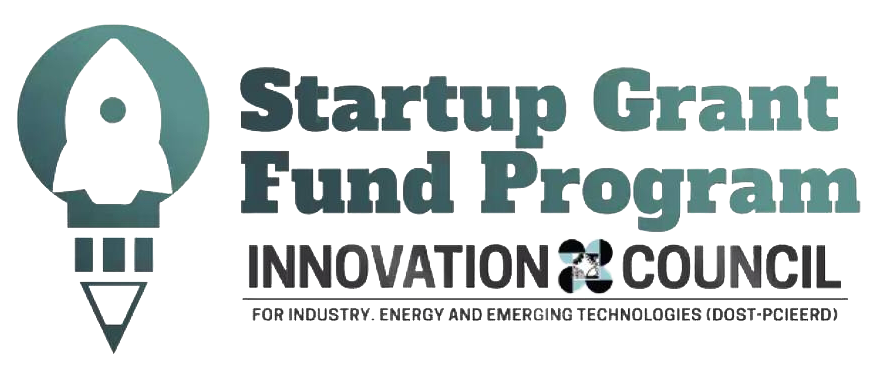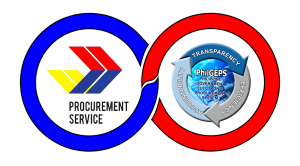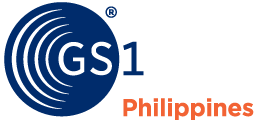Have you been looking for the top pharma companies in the Philippines? You’ve found the right page if your response is affirmative. Pharmacy sales account for roughly 28% of all health spending in the Philippines. On the ranking of the top pharmaceutical industries in Asia, it comes out through the roster at 11. Let’s examine these top 10 pharmaceutical companies in the Philippines in more detail.
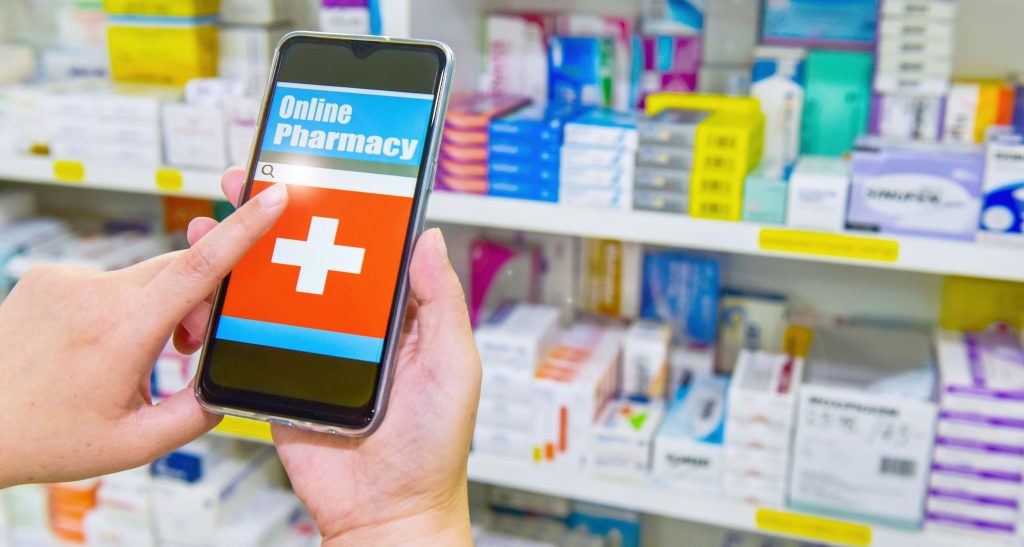
What is a Pharmaceutical Company?
Such companies investigate medical conditions, perform inquiries, and create fresh medications. For these businesses, advertising and drug development are substantial costs for production. Pharmaceutical businesses utilize patient medical information and reports in order to conduct research and develop new medications.
Status of the Pharma Industry in the Philippines
The pharmaceutical sector produced over $4 billion in revenue in 2020, and analysts predict that it is unlikely to be long until it surpasses the $10 billion threshold. Hence, it is not surprising that healthcare products are emerging as one of the Philippines’ top industries, as evidenced by the analysis of GlobalData.
Demographic Cut in the Philippine Pharma Industry
In an analysis by the Philippine Information Agency (PIA), drugs and medications made up the largest portion of health expenses throughout all socioeconomic levels. Although individuals in the highest quintile spent more on average on pharmaceuticals and medicines, those with lower incomes spent a larger proportion of their overall income on pharmaceuticals.
Seventy-seven percent of the expenditure on pharmaceuticals and medications was made by consumers in the lowest quintile, which is approximately eighteen percent in excess of the most wealthy category of consumers.
Compound Annual Growth Rate (CAGR) of the Philippine Pharma Industry
Pharmaceutical sales are the main source of revenue for international corporations in the Philippines. According to GlobalData, nearly 14 of the biggest 20 pharmaceutical businesses in the world are based in the Philippines, where the healthcare sector constitutes one of the most rapidly expanding industries in the economy.
Because of its expanding population, promising economic future, efforts by the government, the rising popularity of generic medications, bettering access to healthcare and treatment, disease avoidance and management initiatives, and other factors, the Philippines has become recognized as one of ASEAN’s potentially alluring markets.
Status of Retail of Medical Supplies
In 2021, the demand for healthcare supplies in the Philippines was worth $747 million. Catheters, ligaments, surgical masks, computed tomography (CT) scan machines, X-ray machines, and ultrasound systems are the main medical items imported into the Philippines. Sample units, spare components (which include prefabricated parts), and items that are disposable, like surgical gloves, syringes, and needles, are the only items that may be produced locally. Most of these items have already been established by distributors who make them available on eCommerce sites.
Market Dynamic of the Pharma Industry in the Philippines
Before being marketed in the Philippines, all medications must obtain FDA approval. Most medications can only be purchased at retail pharmacies run by registered pharmacists. To sell prescription medications, a valid doctor’s prescription is necessary, whether purchasing in-store or through eCommerce. A Pharmaceutical Therapeutic Committee (PTC) establishes a formulary of drugs that are distributed in private medical centers.
All supply chain operations involving the general public’s medical supply chain in the Philippines are handled by the Department of Trade and Industry (DTI). Using scientific evaluation and standardized procurement methods, the DTI encourages increased cooperation among stakeholders at all levels and guarantees that supply and demand are in line.
Regulatory Implementation in the Pharma Industry
Several laws and regulations have been implemented to promote an accessible healthcare system for the Philippines. There are still differences between the affordability of healthcare products and services, along with the employment wages in the country. These policies strive to alleviate costs and aid in lifting the economic burden of medical care.
Generics Act of 1988 (RA No. 6675)
In order to give customers alternatives, this legislation mandates that drug stores, hospitals, and non-hospital pharmacies, and supermarkets must advise customers of all goods with the same generic name and their related pricing.
Food, Drug and Cosmetic Act (RA No. 3720)
Medicines that are generic must register with the FDA and pass a bioequivalence (BE) assessment, according to the FDA. In other words, they resemble the original medicine by at least 90%. After a patent expires, generic items marketed by inventors must also pass the BE assessment.
Consumer Act of the Philippines (RA No. 7394)
The legislation also controls medication advertising and forbids the use of medical prescriptions in promotional activities. Solely over-the-counter (OTC) or non-prescription medicines may be promoted or marketed to the general population.
Special Law on Counterfeit Drugs (RA No. 8203)
This legislation offers fines and consequences for actions that are banned by the law, therefore defending the public against fake pharmaceuticals. These involve the production, sale, or solicitation for the sale of imitation drugs, as well as donations, dispersion, illicit trade, arranging, shipment or transportation, and ownership.
Cheaper Medicines Act (RA No. 9502)
The legislation gives the President of the Philippines wide latitude in determining the regulation’s efficacy to set fixed retail costs on all or any of the pharmaceuticals and treatments listed in the legislation. Additionally, the law includes procedures to keep an eye on how pricing rules are being implemented, as well as penalties for medication price gouging.
Universal Health Care Act (RA No. 11223)
Drug stores must stock the generic alternative of every drug included in the Primary Care Formulary, as well as notify patients of the medicinal similarities and relevant prescription costs.
National Health Insurance Act (RA No. 7875)
According to this law, prescription medications are included in the package of benefits for outpatient as well as inpatient treatment. Drugs specified in the Philippine National Drug Formulary (PNDF) are covered by insurance for inpatient care up to certain limits.
Leading Pharma Companies in the Philippines
Unilab
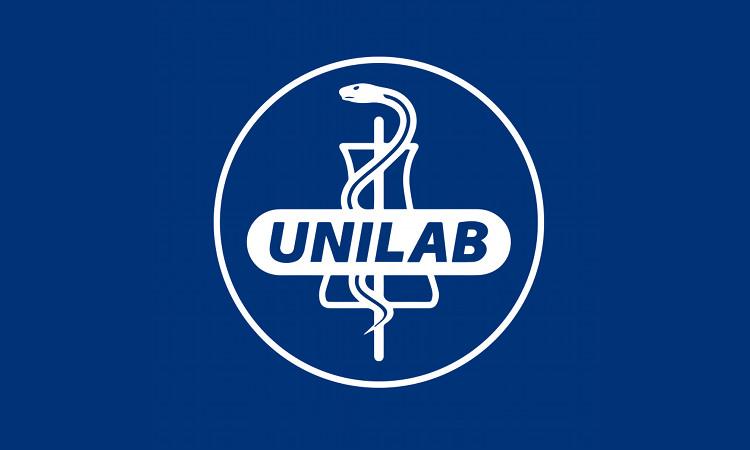
In the context of market share, Unilab is currently the leading pharmaceutical firm in the Philippines, and its product lines consist of a number of the most well-known public and prescriptive healthcare goods. Numerous reputable professional organizations have honored Unilab for its passion and devotion to continuously raising the bar in the Philippine pharmaceutical sector.
The Pharmaceutical Inspection Cooperation Scheme (PIC/S) has recognized it as the sole production facility in the Philippines that meets the Good Manufacturing Practice (GMP) requirements of the EU and Singapore.
The business follows the highest levels of quality control across its supply network, from the procuring of unprocessed resources and packaging supplies to production and distribution, in order to continually guarantee the effectiveness and security of its goods. The business maintains that all of its consumers ought to receive goods and solutions that are made with excellence at each phase of the procedure.
Pfizer
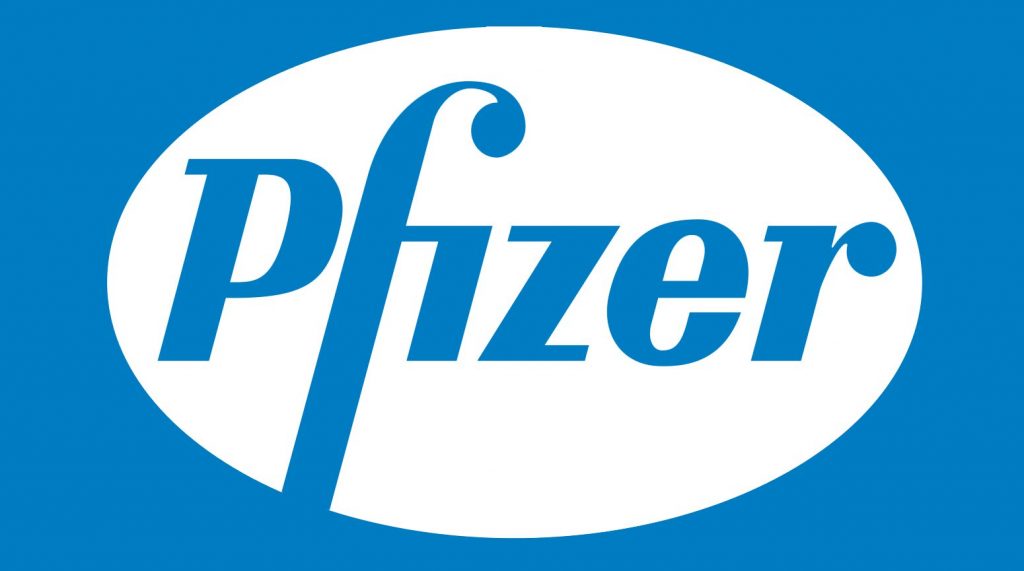
The business is a worldwide biopharmaceutical organization with a research-based foundation that finds, creates, produces, and sells medications for a range of illnesses, along with generic pharmaceuticals and active pharmaceutical components (APIs). With its headquarters in the United States, it also has major facilities of operations in Makati, Philippines.
The business backs independent efforts by the international healthcare community to enhance outcomes for patients in regions with unmet medical needs that are consistent with its healthcare and/or scientific approaches.
The business makes investments in novel drugs and medical procedures that lower drug prices, as well as patient assistance programs for those individuals who cannot pay their prescriptions. Pfizer is dedicated to working with insurance to negotiate drug prices so that they may decide how much patients should fork over themselves.
Boehringer Ingelheim
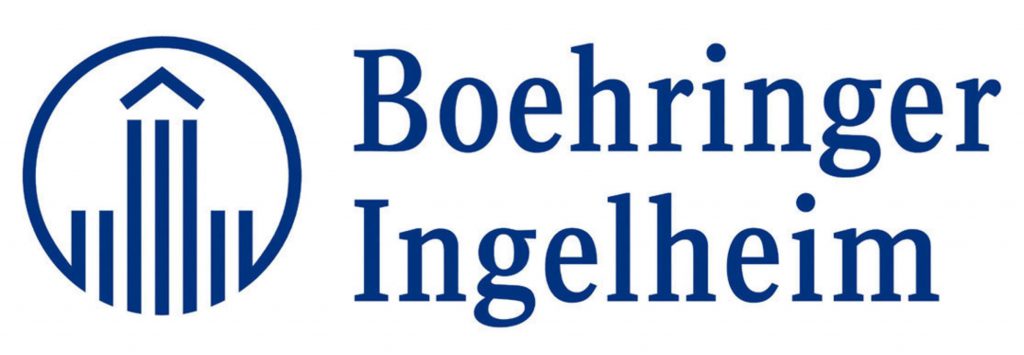
It is one of the pharmaceutical firms that carries out pharmaceutical development, production, and commercialization. It provides an extensive selection of goods, such as biopharmaceuticals, animal healthcare goods, and goods for treating human ailments. While headquartered in Germany, it operates one of its largest pharmaceutical manufacturing and distribution facilities in Paseo de Roxas, Philippines.
The company is committed to developing ground-breaking treatments that will aid in improving the current healthcare status of the globe and its future. As a top biopharmaceutical firm focused on research, the business adds value by innovating in fields with significant unmet medical needs.
PascualLab

Following the conclusion of World War II, Isosceles and Leonora Pascual launched their first business, Pascual Laboratories (PascualLab), in 1946. Their early activities were limited to a single-room laboratory at their residence in Balut Island, Tondo, Manila, focusing on the development and production of medications to treat post-war medical conditions like pneumonia and deficiencies in vitamins.
Under the direction of its Chairman, Dr. Abraham F. Pascual, a member of the Pascual family from the second generation, PascualLab advanced towards the twenty-first century as a powerful leader. Through the launch of ground-breaking and creative goods, tried-and-true formulations, and technological expertise for generating high-quality, secure, and family-friendly health products, PascualLab enjoyed significant expansion as a result of his visionary direction.
With its unchanging devotion to health, PascualLab is still a top-of-mind partner for health goods and production services today, led by third-generation Pascual family member Jose Augusto G. Pascual.
Abbott

The business has utilized technological advances and scientific knowledge for over 135 years to provide opportunities for more people by means of the power of health. The business develops ground-breaking goods in the fields of nutrition, trademarked generic drugs, medical equipment, and diagnostics.
Abbott wants to make it easier for individuals to live healthier, more productive lives. A total of 115,000 of its employees are currently working to improve health in the more than 160 nations it supports. By maintaining its emphasis on assisting individuals to reach their best potential health at all points in daily life, the organization has adapted to an ever-more complex healthcare landscape.
Vendiz Pharmaceuticals Inc.

Juvencio D. Dizon founded Vendiz Pharmaceuticals Inc. in 1990 with the goal of bettering the well-being of Filipinos. It is a 100% Filipino pharmaceutical firm that has joined forces with Ashford Pharmaceuticals Laboratories Inc., which is among the local producers that have received the Certificate of Current Good Manufacturing Practices (cGMP), to continually develop superior but reasonably priced pharmaceutical products that will meet the nation’s expanding health care requirements.
With a group of competent management specialists leading its business growth, advertising, and sales activities, Vendiz has developed over time into a vibrant company. Additionally, it keeps enhancing its collaboration with Ashford on the creation of high-caliber pharmaceutical goods to meet the expanding healthcare demands of Filipinos.
The current line of high-quality healthcare goods marketed by Vendiz Pharmaceuticals, Inc. includes antibiotics, ophthalmological and otological preparations, dermatological medicines, and vitamins.
Aspen

The company’s name was modified to Aspen Philippines Incorporated for promotional considerations. Unexpectedly, the firm only had one employee when it first started because most of its manufacturing was handled by robots and machines; nevertheless, at the moment, it employs over 100 locals.
In terms of its goods, Aspen Philippines makes medications for thyroid diseases, oncology, women’s health, infections, and cardiovascular disease. Among the Top Ethical Pharma Marketing Companies in the Philippines, Aspen Philippines is usually included.
Raquel-Abbas Pharmaceuticals

Despite beginning as a wholesaler of pharmaceuticals, Raquel-Abbas Pharmaceuticals is now one of the top pharmaceutical firms in the Philippines. Raquel-Abbas Pharmaceuticals now produces all of its own goods and healthcare merchandise. It is legally authorized by the Food and Drug Administration (FDA) of the Philippines and is ideally situated in a gated, upscale community in Paranaque City.
It also holds an exclusive distribution of several high-quality medications from renowned Pakistani producers that have earned an ISO certification. A complete list of life-saving medications with assured economic ease for the Filipino people is the firm’s new focus as it expands its partnerships with nations in Europe and its Asian neighbors.
E.L. Laboratories
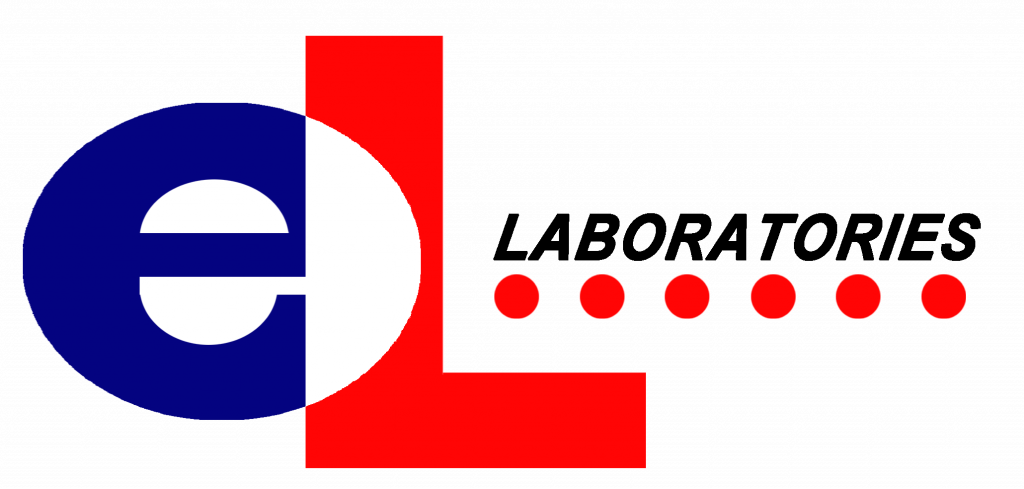
The company is a reputable partner in specialized contract production and the nation’s top supplier of innovative solutions for the industrial pharmaceutical production requirements of top Filipino and international pharmaceutical businesses.
Under the direction of Emerenciana Lingad-Bautista, an early leader in the contemporary Philippine drug sector who topped the Pharmaceutical Board Examination in 1950, E.L. Laboratories, Inc. was founded in 1996 to meet the expanding contract production needs of Filipino and international pharmaceutical businesses.
Merck

The firm has developed significant drugs and vaccines over the course of more than 130 years. Presently, the avoidance and cure of illnesses in humans and animals are being advanced by cutting-edge health solutions. In addition to expanding its facilities in Taguig, Philippines, the firm promotes a multicultural and welcoming global workforce and conducts responsible business operations every day to ensure a secure, environmentally friendly, and healthy society for all people and communities.
Founded in the Philippines in 1977, it now has production plants in the country and in 66 other nations. Merck operates as both a biotech firm and a manufacturer of cancer and neurology medications in the Philippines. Additionally, its research and development department is continually experimenting with new approaches to manufacturing medications and treating illnesses.
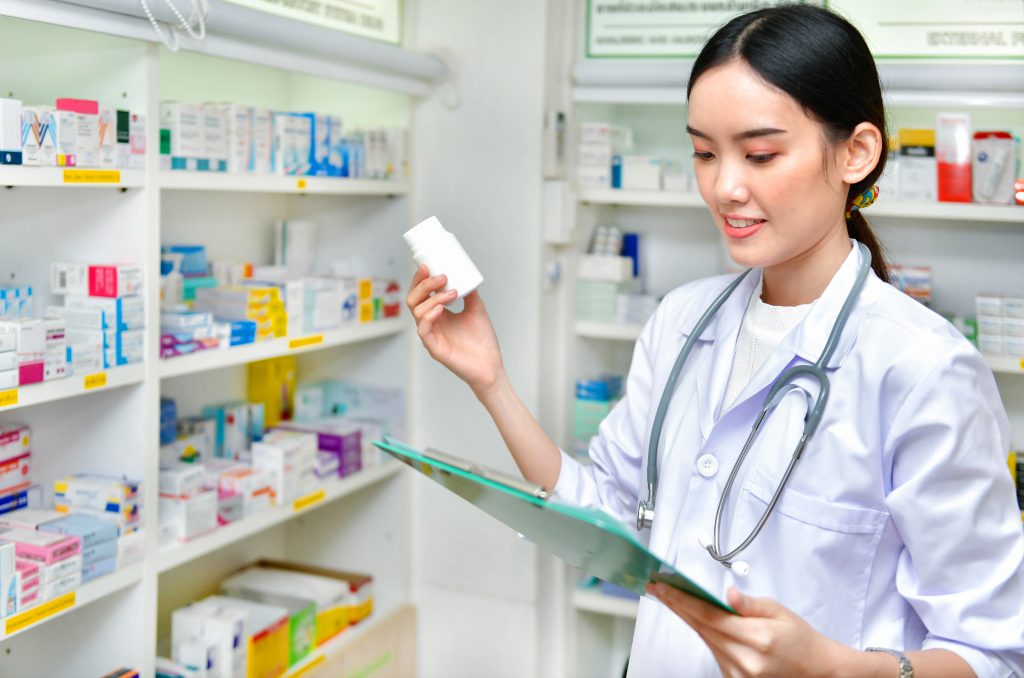
The government intends to set a lower price ceiling on pharmaceuticals and medicines through the Universal Health Coverage system in order to encourage local manufacturing and make it additionally affordable to Filipino customers. Today, a multi-billion dollar worldwide industry exists to show a compound’s efficacy and security and get it out of the lab into the hands of people who need it.
In general, pharmaceutical firms are crucial to assisting patients and communities. They bring about a lot more than possible treatments and life-saving breakthroughs as they also support the global economy by producing satisfying jobs. By developing more innovative and fascinating therapies, the sector will, in the future, solidify its significance in the global community.






